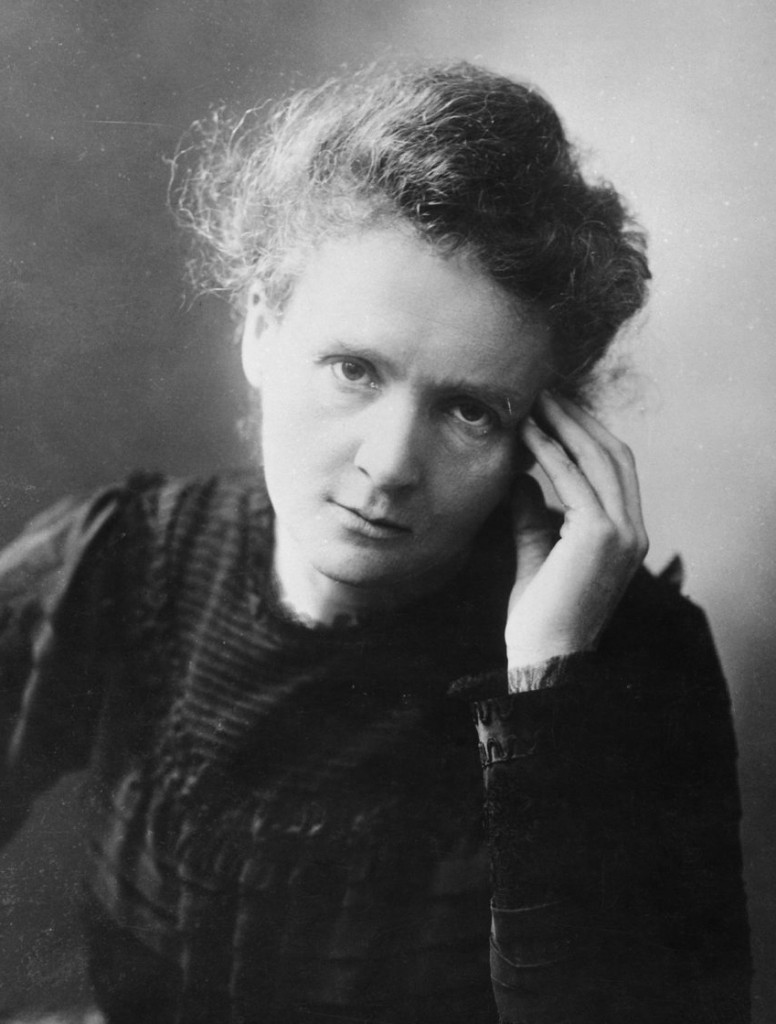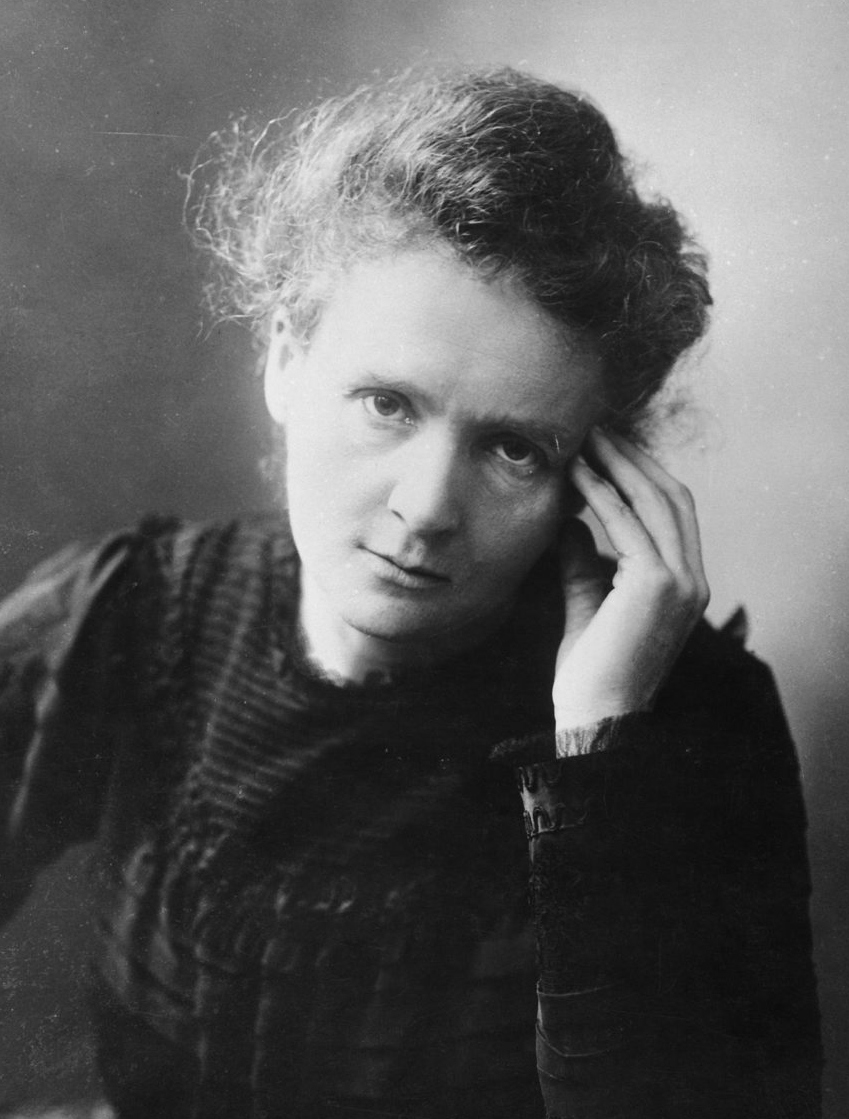By Simon Grant (Contributor) – Email
Print Edition: January 21, 2015

UFV’s Centre for Indo-Canadian Studies presented three lectures by Marie Curie inital training network scholars Monday, January 12. The lectures discussed fiction and film, but the contents — the struggle to ascertain identity and belonging within a diaspora — can easily relate to people in the real world.
Cultural boundaries as constructed spaces
Ruby Rana, an early-stage researcher and doctoral fellow at the University of Mumbai, examined the strengths and weaknesses of religious, racial, and moral boundaries.
Using the 2008 film Ocean of Pearls by Sarab Singh Neelam, she focused on how “boundaries are markers of constructed spaces constructed most often for political purposes.”
The film follows Amrit Singh, a young transplant surgeon who moves from Toronto to Detroit for work, as he tries to integrate himself into Western culture by abandoning his traditional Punjabi Sikh culture.
The film, and Rana’s paper, explored the implications of crossing cultural boundaries and the repercussions of separation that result.
Transnational adoption and constructing the self
Holly Morgan, a PhD candidate and Marie Curie early-stage research fellow at the University of Munster, presented her dissertation on the effects of transnational adoption on identity and belonging. She studied the work of Indian author Bharati Mukherjee, whose work focuses primarily on how transnational adoption “contributes to the way that family, motherhood and self are constructed,” according to Morgan.
Morgan also related the effects of transnational adoption on culture and identity.
“The recent increase in international adoption makes it especially obvious that the adoptive relation evokes the quintessentially North American issue of communicating culture across bloodlines,” she noted, adding that adoptees are left “socially naked in relation to their country of origin.”
Familial ties and queer belonging
The third lecturer, Melanie R. Wattenbarger, a doctoral fellow at the University of Mumbai, interpreted what she called “the traditional story of diasporics: trying to maintain familial and cultural ties to India” through the lens of queer identity and the want to belong. Much of Wattenbarger’s work focuses on identity within contemporary Indian literature and film. Her presentation examined two novels of Farzana Doctor — Six Metres of Pavement and Stealing Nasreen — where “readers are introduced to the lives of the queer characters made public” as they struggle for acceptance within their old culture and their adoptive culture.
The lectures at UFV were offered in conjunction with the University of Mumbai, University of Munster, and the Diasporic Constructions of Home and Belonging (CoHaB) project.


